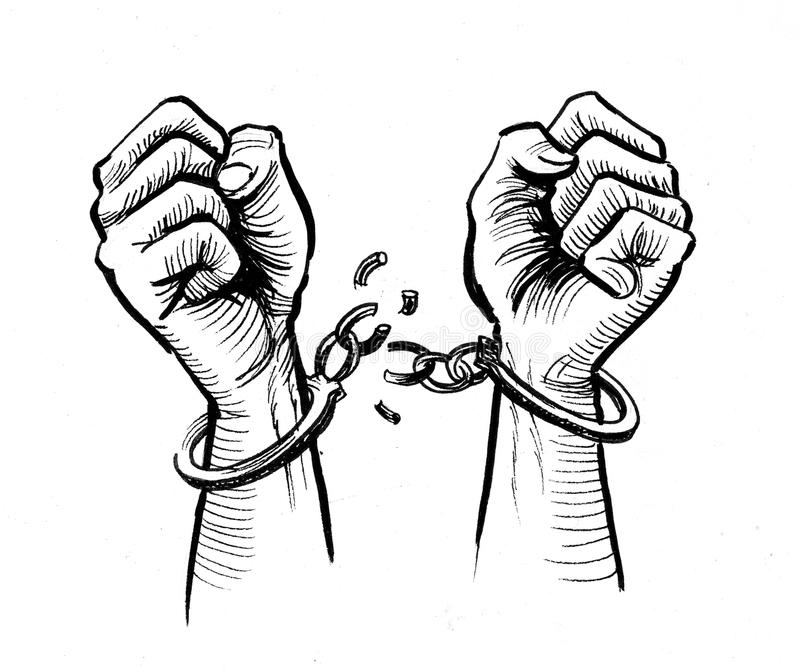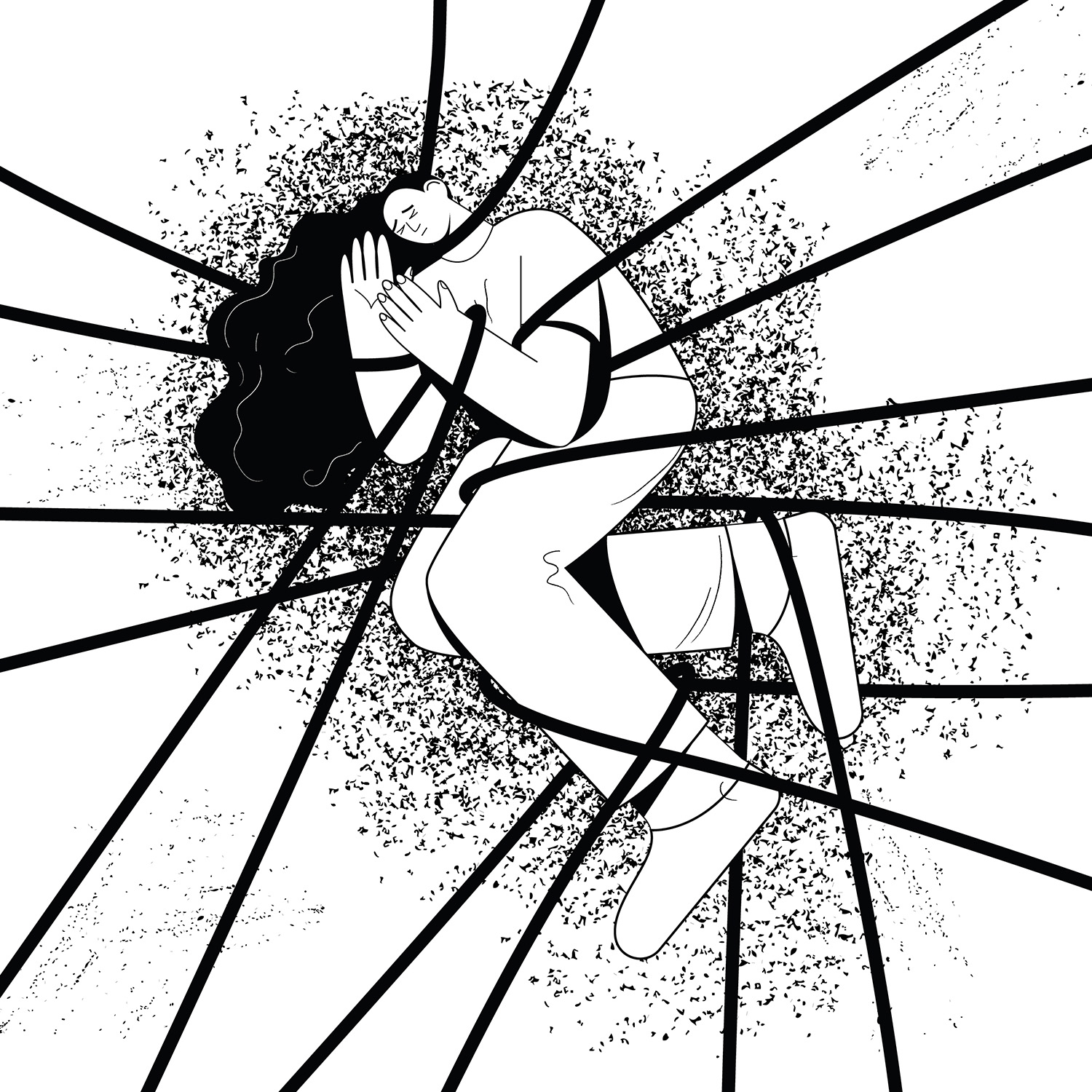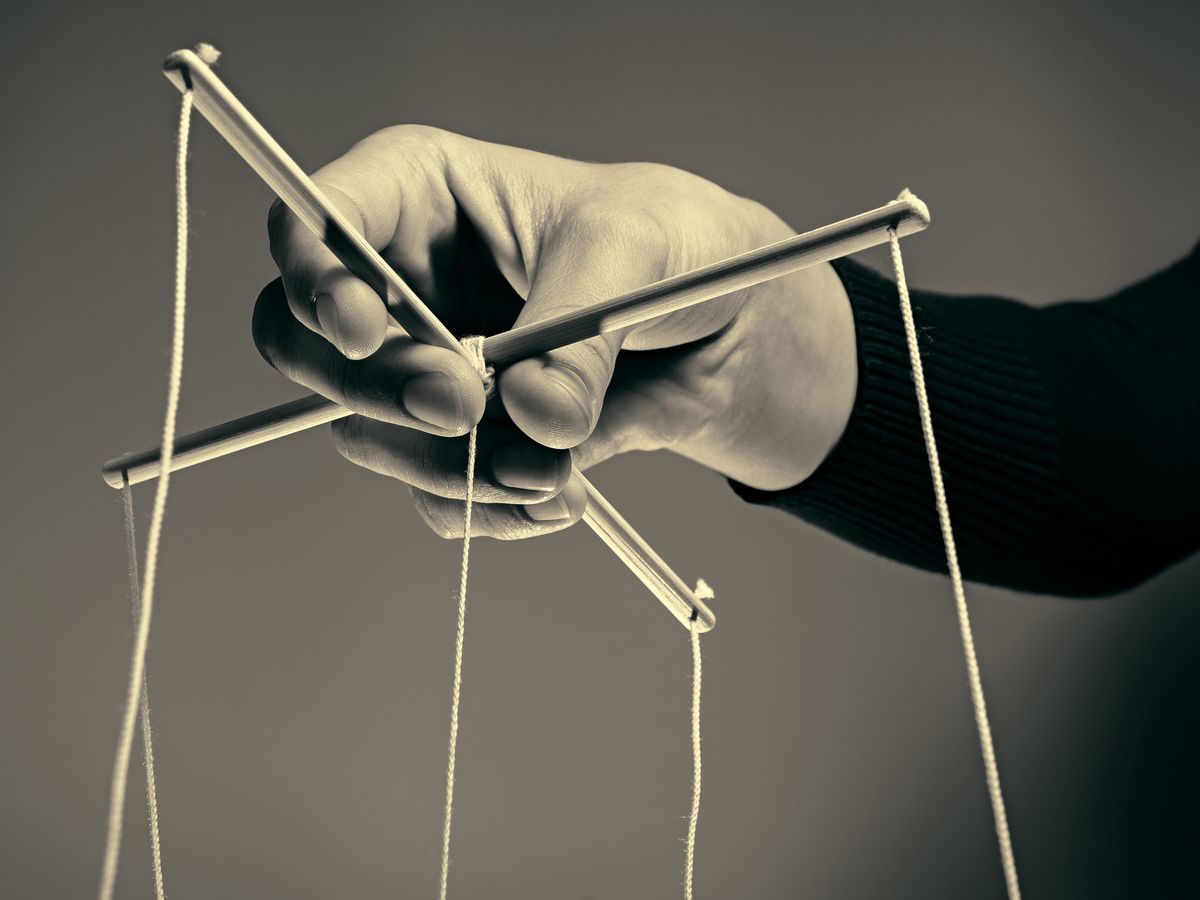Trauma Bonds and how to heal from them
Author: Dr. Julie. Sorenson, DMFT, MA, LPC
What is a trauma bond?
A trauma bond is faced with abuse and neglect; our brains are wired to focus on getting through rough times. When someone is abused they latch on to the feeling of relief and safety even if the person that is bringing that relief is the abuser. Our brains focus on the positive rather than the negative responses from those that abuse us. The body’s natural response to trauma is fight, flight, freeze, or fawn, and turns off long-term thinking when faced with a crisis. Oftentimes the person being abused believes they need the abuser to survive and mistakes that for a loving feeling and sense of security. Trauma bonding is an attachment that one has with their abuser created after repeated abuse and then a strong feeling of being saved. It is considered intermittent reinforcement is how narcissists catch their prey. Gaslighting, emotional abuse, and manipulation are tied into the trauma bond, making the person being abused believe they are crazy and question reality.
Trauma bonds are attachments between two people that share a traumatic event or similar traumatic childhood experiences. Typically, the two bonds over the shared event leading to relational betrayal and heartbreak. It is a tug of war led by narcissistic abuse. Often if someone struggles with the trauma they have difficulties with self-regulation, if they haven’t been given the proper tools, which causes unhealthy coping mechanisms in many people. Typically, in trauma bonds, each person in the relationship may trigger each other causing irrational reactions, anger outbursts, jealousy, and possibly violent outbursts, which contribute to cycles of pain. Healthy relationships do not operate this way and can cause extreme stressful for the victim within the relationship.
Trauma bonds can contribute to depression and anxiety. It can influence how you view yourself and your self-worth. Your abuser may make you believe that you deserve this treatment and that you don’t deserve better making it difficult for people to think they can leave this type of relationship
how to stop the cycle of trauma bonding?
It can be painful when walking away from a relationship based on trauma bonding. It can be compared to freeing yourself from addiction. There may feel like a force that is pulling you toward that person creating an overwhelming feeling. Ending the cycle can be challenging but not impossible. Oftentimes when trying to leave the relationship, one can get caught up in remembering the “good times” and forgetting about the abuse, which can be exhausting to your emotional and physical health. Many times, people will stay in the relationship because they don’t believe they have the strength to be on their own, or they don’t feel capable of being in a healthy relationship. Another perspective people have is that their next relationship will free them from picking the wrong person or being in another trauma bond relationship. It is important to process stages of avoidance, altering, adapting, and acceptance to move into a healthier relationship. Coming to terms with the effect the trauma bond had on you, how you can find your self -worth and self-acceptance so that you
to process stages of avoidance, altering, adapting, and acceptance to move into a healthier relationship. Coming to terms with the effect the trauma bond had on you, how you can find your self -worth and self-acceptance so that you
don’t continue the cycle into your next relationship is an important step to recovery. Recognizing the cycle can not only help you to heal but help future generations because the cycle stopped with you.
therapy can help you!
Therapy can assist you in learning how to set boundaries and be okay with yourself while processing your trauma. Trauma can cause waves of problems if we don’t allow ourselves to face them. The mind, body, and soul are impacted by our traumatic events making decision-making and problem-solving more difficult. Trauma can take a toll on current and future relationships if you don’t allow ourselves to face it head-on, which is where therapy can be crucial to your recovery. Acceptance is essential in breaking down trauma bonds and recognizing how it affects your current life situation. It is time for you to choose yourself, to learn boundaries, to learn how to function without the abuse, remembering you are worth it. It is time for you to see your worth, it won’t be easy, but it will be worth it when you see you are good enough. Therapists are here to help, if you feel you need to process your traumas or trauma bonds, reach out today for a step toward a healthier you.



